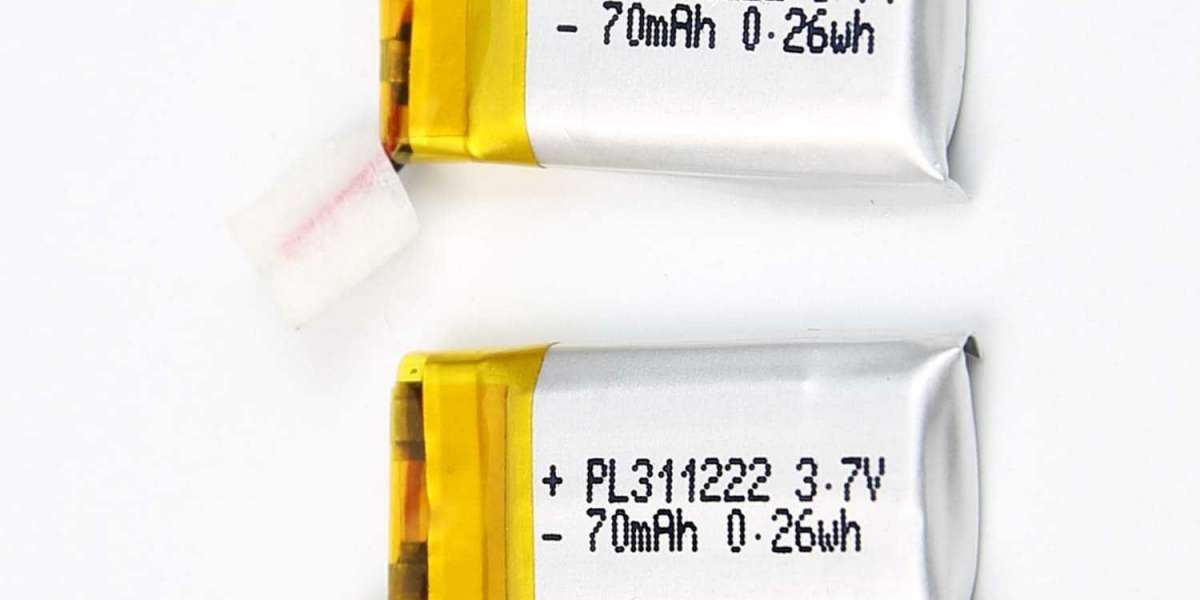Lithium-ion battery electrolytes are divided into two types, one is an acidic electrolyte and the other is alkaline. The main components of the former are sulfuric acid and the latter is sodium hydroxide, both of which are highly corrosive and mainly cause poisoning. Chemical corrosion and mechanical damage to human organs are self-evident.
Lithium-ion battery electrolyte is the carrier of ion transport in the battery. Generally composed of lithium salts and organic solvents. The electrolyte plays the role of conducting ions between the positive and negative electrodes of the lithium-ion battery, which is the guarantee for the lithium-ion battery to obtain the advantages of high voltage and high specific energy. The electrolyte is generally prepared from high-purity organic solvents, electrolyte lithium salts, necessary additives, and other raw materials under certain conditions and in a certain proportion.
As one of the four main components of lithium-ion batteries (positive electrode, negative electrode, separator, electrolyte), the electrolyte plays a critical role in the performance of lithium-ion batteries (such as capacity density, cycle performance, rate performance, storage performance, etc.) plays a vital role. Lithium-ion battery electrolytes should not only have high lithium-ion conductivity but also have excellent electronic insulation.

Is Li-ion Battery Electrolyte Toxic?
Lithium-ion battery electrolyte is mainly composed of organic solvents, such as PC (propylene carbonate), EC (ethylene carbonate), DMC (dimethyl carbonate), DEC (diethyl carbonate), EMC (ethyl methyl carbonate) ) and so on, and of course some other additives.
Especially the inorganic salts LiPF6 and LiBF4 will release HF if they encounter water. This is a highly toxic substance, which is extremely corrosive to the human body, especially the bones. Generally speaking, the pH value of the electrolyte is generally between 5.5 and 6.5, which is slightly acidic.
What are the hazards of lithium-ion battery electrolytes?
1. Lithium-ion batteries are absolutely harmful to the human body. The most harmful is the electrolyte solution. The electrolyte is an organic volatile liquid, and it is obviously corrosive. Long-term inhalation of volatile gas will damage the respiratory tract;
2. If it is a battery cell, the things inside the battery core are harmful to the human body. It is not recommended to go there. Wear a gas mask or a mask to work. The working environment may contain many harmful elements, some mercury elements are more common, and other lead elements. lead to heavy metal disease.
3. Radiation. The so-called radiation refers to the phenomenon that the radiofrequency waves generated by the high-frequency oscillation of the circuit are emitted into space. Certain frequencies and intensities of radiation affect the body.
4. The most harmful to the human body in the lithium-ion battery electrolyte is the lithium salt, lithium hexafluorophosphate, which is very domineering. It has been heard before that if a palm-sized skin is corroded on the surface of the skin on the human body, it can be fatal.
5. The smell of electrolyte volatilization is very heavy, and this smell has a great influence on women's pregnancy.
Electrolyte leakage should be quickly evacuated from the leakage contaminated area to a safe area, and isolation strictly restricts access. Cut off the source of ignition. It is recommended that emergency personnel wear self-contained positive pressure breathing apparatus and fire protective clothing. Cut off sources of leaks as much as possible. Prevent entry into restricted spaces such as sewers and flood drains.
Lithium-ion batteries are harmful to the human body. The most dangerous is the electrolyte solution. The electrolyte is an organic and volatile liquid, and it is obviously corrosive, so it must be protected in normal operation. Lithium-ion battery electrolyte is a strong acid, which is harmful to human skin and eyes. Once in contact, it should be washed with plenty of water immediately.



